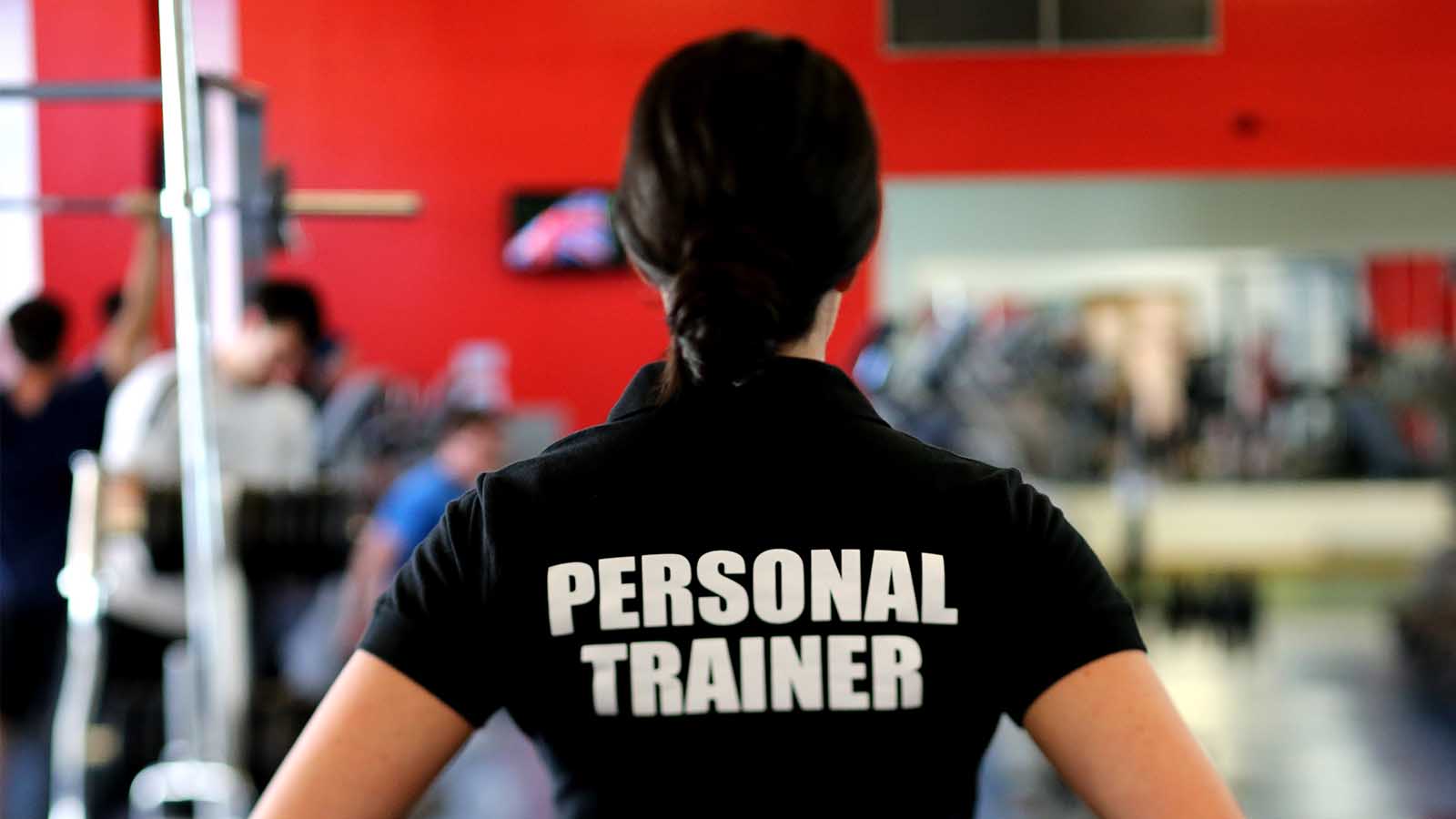How to Start a Fitness Journey

Embarking on a fitness journey is an empowering decision that can significantly enhance your physical and mental well-being. However, getting started can be overwhelming without the right guidance. This comprehensive guide will help you navigate the process of beginning your fitness journey, offering practical tips and expert advice to set you on the path to success.
Understanding Your Motivation
Why Do You Want to Get Fit?
Before you begin your fitness journey, it’s crucial to understand your motivations. Whether it’s to lose weight, build muscle, improve mental health, or simply feel better in your own skin, knowing why you’re doing this will help you stay committed. Reflect on your reasons and write them down. This list will serve as a reminder during challenging times.
Setting Realistic Goals
Once you know why you want to get fit, the next step is to set realistic goals. Break down your ultimate goal into smaller, manageable steps. For instance, if your goal is to lose 20 pounds, set a monthly goal of losing 2-3 pounds. This approach makes the process less daunting and allows you to celebrate small victories along the way.
Finding Your “Why” for Consistency
The key to a successful fitness journey is consistency. To maintain this, you need a strong “why” that resonates with you. Whether it’s the desire to be healthier for your family, improve your self-confidence, or alleviate stress, your “why” will drive you to stay on track even when motivation wanes.
Creating a Personalized Fitness Plan
Assessing Your Current Fitness Level
Before jumping into a new workout routine, assess your current fitness level. This helps you tailor a fitness plan that suits your needs and abilities. You can start by evaluating your strength, endurance, flexibility, and cardiovascular fitness. Simple tests like push-ups, squats, or a brisk walk can give you a baseline to work from.
Choosing the Right Type of Exercise
Fitness is not one-size-fits-all. It’s important to choose exercises that you enjoy and that align with your goals. If you love being outdoors, consider running, cycling, or hiking. If you prefer a structured environment, gym workouts or fitness classes might be more suitable. Mix up your routine with cardio, strength training, and flexibility exercises to keep things interesting and well-rounded.
Scheduling Your Workouts
To ensure consistency, schedule your workouts just as you would any important appointment. Determine how many days a week you can realistically commit to exercise and block out that time in your calendar. Start with three to four days a week, gradually increasing as you build stamina and confidence.
Building a Support System
Finding a Workout Buddy
Having a workout buddy can significantly boost your motivation and accountability. Whether it’s a friend, family member, or colleague, working out with someone else can make the experience more enjoyable and less intimidating. A workout buddy can also provide encouragement and friendly competition, helping you push through tough workouts.
Joining a Fitness Community
If you don’t have a workout buddy, consider joining a fitness community. Many gyms, yoga studios, and online platforms offer group classes where you can connect with others on a similar journey. Being part of a community provides support, motivation, and a sense of belonging, all of which are crucial for long-term success.
Seeking Professional Guidance
If you’re new to fitness or have specific goals, seeking professional guidance can be incredibly beneficial. Personal trainers, fitness coaches, or online programs can provide expert advice, personalized workout plans, and help you avoid common pitfalls. They can also teach you proper form and technique, reducing the risk of injury.
Focusing on Nutrition
Understanding the Role of Nutrition in Fitness
Exercise alone is not enough to achieve your fitness goals; nutrition plays a crucial role in your success. Understanding the basics of macronutrients (carbohydrates, proteins, and fats) and how they fuel your body can help you make better food choices. Aim for a balanced diet that supports your fitness goals, whether it’s muscle building, weight loss, or overall health.
Meal Planning and Preparation
Meal planning and preparation are key strategies for staying on track with your nutrition. Plan your meals and snacks for the week, ensuring they align with your fitness goals. Preparing meals in advance can save time and prevent unhealthy eating choices when you’re busy or tired. Focus on whole foods like lean proteins, vegetables, fruits, and whole grains.
Staying Hydrated
Hydration is often overlooked but is essential for optimal performance and recovery. Drinking enough water helps regulate body temperature, lubricate joints, and transport nutrients. Aim to drink at least 8-10 glasses of water daily, and more if you’re engaging in intense exercise or live in a hot climate. Avoid sugary drinks and limit caffeine, as they can dehydrate you.
Developing a Positive Mindset
Embracing the Process
Starting a fitness journey is as much a mental challenge as it is a physical one. Embrace the process, understanding that progress takes time and setbacks are normal. Celebrate your achievements, no matter how small, and be patient with yourself as you work towards your goals.
Overcoming Self-Doubt
Self-doubt can be a major barrier to success. It’s important to recognize and challenge negative thoughts that might hold you back. Remind yourself of your reasons for starting this journey and focus on the progress you’ve made. Surround yourself with positive influences, whether that’s supportive friends, inspiring content, or a motivational mantra.
Practicing Mindfulness and Gratitude
Incorporating mindfulness and gratitude into your fitness journey can enhance your overall experience. Mindfulness helps you stay present during workouts, improving your focus and enjoyment. Gratitude, on the other hand, shifts your mindset from what you haven’t achieved yet to appreciating what your body is capable of. This positive approach can sustain your motivation over the long term.
Tracking Your Progress
Keeping a Fitness Journal
One of the best ways to stay motivated is to track your progress. A fitness journal allows you to document your workouts, track your nutrition, and reflect on your journey. Note how you feel after each workout, any challenges you faced, and what you accomplished. Over time, this journal will become a source of pride and a reminder of how far you’ve come.
Using Fitness Apps and Wearables
If you’re more tech-savvy, consider using fitness apps and wearables to track your progress. These tools can monitor everything from steps taken and calories burned to sleep patterns and heart rate. They also provide data that can help you make informed decisions about your fitness plan and keep you accountable.
Regularly Reassessing Your Goals
As you progress, it’s important to reassess your goals. What might have seemed challenging at the beginning will become easier over time. Adjust your goals to keep challenging yourself and avoid plateaus. Whether it’s increasing the intensity of your workouts or trying a new fitness activity, regularly updating your goals will keep your journey exciting and rewarding.
Overcoming Common Challenges
Staying Motivated When Progress Slows
It’s common to experience a slowdown in progress, especially after the initial excitement wears off. When this happens, focus on the long-term benefits of your fitness journey. Mix up your routine to keep things interesting, set new challenges for yourself, or reward yourself for sticking with it. Remember, slow progress is still progress.
Balancing Fitness with a Busy Schedule
One of the most common challenges is finding time to work out, especially with a busy schedule. Prioritize your fitness by scheduling it into your day and treating it as non-negotiable. Even short, high-intensity workouts can be effective if you’re pressed for time. Remember, consistency is more important than duration.
Dealing with Setbacks and Injuries
Setbacks and injuries are a part of any fitness journey. When they occur, it’s important to listen to your body and allow yourself time to recover. Focus on what you can do rather than what you can’t. For example, if you have an upper-body injury, you can still do lower-body exercises. Stay positive and remember that setbacks are temporary.
Staying Consistent for Long-Term Success
Creating a Sustainable Routine
The key to long-term success is creating a routine that you can sustain. Avoid extreme diets or workout plans that aren’t realistic for the long term. Instead, focus on making small, manageable changes to your lifestyle. A sustainable routine is one that fits into your daily life, is enjoyable, and allows for flexibility.
Celebrating Milestones
Celebrating milestones along your fitness journey is important for maintaining motivation. Whether it’s achieving a weight loss goal, hitting a new personal best in the gym, or simply sticking with your routine for a certain period, take time to celebrate. Rewarding yourself reinforces positive behavior and keeps you excited about your progress.
Staying Inspired and Informed
Finally, staying inspired and informed is crucial for long-term success. Continuously seek out new information, whether it’s through fitness blogs, podcasts, or social media. Follow influencers or join online communities that resonate with your goals. Staying informed keeps your fitness journey fresh and exciting, and learning from others’ experiences can provide valuable insights.
Conclusion: Your Fitness Journey Starts Now
Starting a fitness journey is a powerful step towards a healthier, happier life. By understanding your motivation, creating a personalized fitness plan, and staying consistent, you can achieve your goals. Remember, the journey won’t always be easy, but with the right mindset and support, you can overcome any challenges that come your way. Embrace the process, celebrate your progress, and enjoy the transformation. Your fitness journey starts now—take the first step today.





